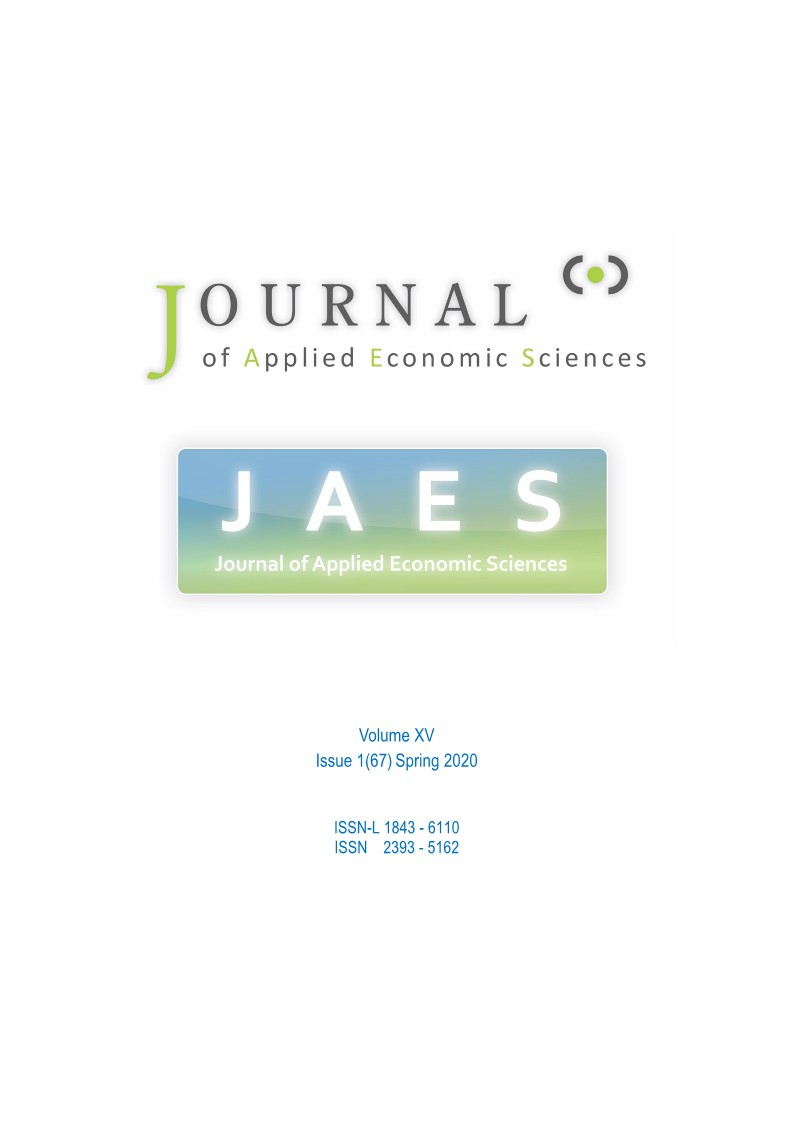Determinants of External Indebtedness in Heavily Indebted Poor Countries: An
Empirical Evidence Using Panel - Corrected Standard Error Regression
Determinants of External Indebtedness in Heavily Indebted Poor Countries: An
Empirical Evidence Using Panel - Corrected Standard Error Regression
Author(s): Sisay Demissew Beyene, Balázs KotoszSubject(s): Economy, Supranational / Global Economy, Business Economy / Management
Published by: ASERS Publishing
Keywords: determinants; external indebtedness; panel-corrected standard error; HIPCs;
Summary/Abstract: At the early stage of development, most developing and emerging countries borrow from abroad to finance their resource gap and domestic investment. Nevertheless, once the debt grows more prominent and unmanageable, it becomes a major macroeconomic problem. Regarding this, the countries which are classified as Heavily Indebted Poor Countries (HIPCs) suffering a lot because of their substantial external debt stock and these has been on researchers and policymaker’s agenda in identifying the causes which leading them. However, the potential empirical studies of the determinants of external indebtedness with the latest methodology have received little attention in the case of HIPCs, and these has resulted in lack of knowledge and methodology in the available literature. Therefore, this study aimed to examine the determinants of external debt accumulation in HIPCs employing the recent estimation technique (Panel - Corrected Standard Error) for the period between 1990 to 2017. The results show that debt service, imports, and growth rate of advanced countries significantly increase external debt while exports reduce it. Further, foreign direct investment and political stability significantly reduce the external debt of HIPCs, but these variables insignificant for HIPCs in SSA. The study recommends appropriate policies which improve the volume and revenue of exports, attract foreign direct investment, offer political stability, and also, those policies that reduce imports and become essential to overcome the external debt stock of HIPCs.
Journal: Journal of Applied Economic Sciences (JAES)
- Issue Year: XV/2020
- Issue No: 67
- Page Range: 229-242
- Page Count: 14
- Language: English

